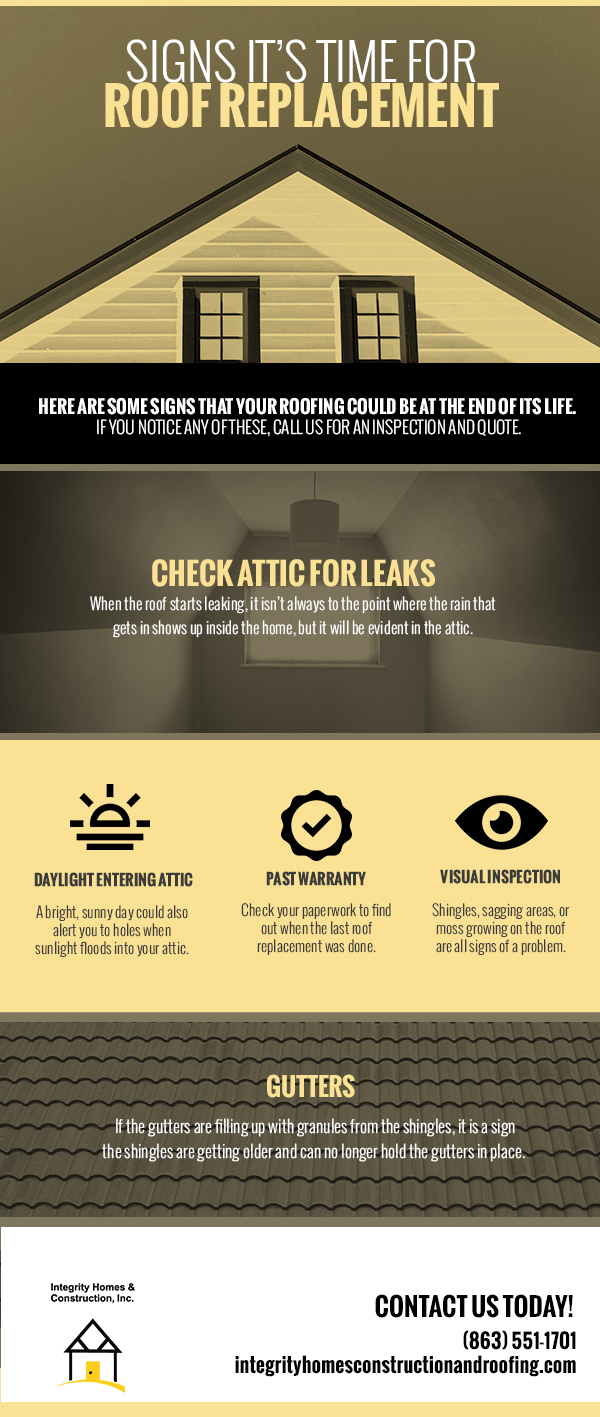The Most Reliable Stress Washing Practices For Each Surface Classification
The Most Reliable Stress Washing Practices For Each Surface Classification
Blog Article
Content By-Coley Bock
When it comes to push washing, the method you select can make all the distinction in attaining a clean, streak-free coating. You could locate that hard surface areas, like concrete, need a various approach than softer materials, such as wood or vinyl. It's essential to adapt your approaches to the surface area type to stop damage while making best use of cleaning efficiency. So, what are the most effective methods for each and every surface, and how can you guarantee you're utilizing the appropriate settings and devices for the task? Let's discover what you need to recognize to obtain the best results.
Difficult Surface areas
When it involves pressure washing hard surfaces, prep work is key. Before you also think of taking out the pressure washer, make the effort to remove the area of any type of particles, furniture, or challenges. You don't want anything getting in your means or potentially damaging your tools.
Next off, check the surface for any splits or damage; this will assist you determine the best method and stress setups.
As soon as you've prepared the area, it's important to pick the right nozzle. For tough surfaces like concrete or brick, a slim nozzle (15 or 25 levels) functions best to supply a focused stream of water that can successfully get rid of gunk and discolorations. Constantly start at a distance and progressively relocate better to avoid any type of surface damages.
As you start cleaning, keep the stick relocating to prevent touches and over-saturation. It's likewise useful to function from the top down, allowing dust and debris to remove naturally.
Lastly, remember to rinse the surface area extensively after cleansing to eliminate any kind of leftover cleaning agent. With these methods, you'll accomplish a clean and renewed look on all your tough surfaces.
Soft Surfaces
Stress washing soft surfaces requires a gentler method to secure them from damage. Whether you're cleaning your deck, patio furnishings, or exterior siding, using way too much stress can cause dents, scrapes, and even irreparable damage.
Beginning by choosing a low-pressure nozzle, ideally a 25-degree or broader spray pattern, to spread the water more carefully.
Before you start, it's critical to pre-treat any discolorations with an appropriate cleaning option. This action enables the cleaner to permeate the dirt and crud, making it simpler to get rid of without scrubbing as well hard.
Constantly apply the remedy from the bottom up to prevent streaking.
When you start pressure cleaning, preserve a distance of at least 12 to 18 inches from the surface. Relocate your wand in a sweeping motion, maintaining it parallel to the surface to avoid focused pressure on one place.
https://hotelcleanersservices88653.ja-blog.com/32703871/discover-the-surprising-rewards-of-cleaning-home-windows-in-cool-problems-and-how-it-can-favorably-affect-your-home-s-atmosphere-and-performance-find-more-details-inside after cleansing to get rid of any type of recurring cleaner.
Last but not least, check the surface area for any missed places and repeat the process if essential. By adhering to these steps, you can effectively tidy soft surfaces while preserving their integrity and look.
Specialty Surfaces
Cleaning soft surfaces requires treatment, but specialty surfaces require much more focus to detail. When you tackle these surfaces, like delicate timber, stained concrete, or specific kinds of exterior siding, making use of the best stress cleaning strategies is vital to stay clear of damages.
First, examine the product. For example, dealt with timber can often stand up to moderate stress, yet softer woods like cedar may call for a reduced setup. Always start with please click the next post and slowly increase if needed.
For stained concrete, use a fan spray nozzle and preserve a consistent distance to prevent engraving the surface area.
When taking care of surfaces like vinyl home siding or repainted surface areas, a large spray pattern assists distribute the stress evenly, protecting the finish.
It's also smart to use detergents specifically designed for specialized surface areas. They can improve cleaning without compromising the product.
Wash thoroughly after washing to remove any kind of deposit, as it can lead to staining or deterioration gradually.
Final thought
To conclude, grasping stress washing techniques for various surface areas can make all the difference in your cleaning outcomes. For tough surfaces, stay with narrow nozzles and a top-to-bottom method, while soft surfaces require a gentler touch with wider nozzles. Don't neglect to pre-treat stains and rinse thoroughly to prevent residue. By adjusting your methods to each product, you'll not just attain a cleaner surface however likewise secure the honesty of your surface areas. Pleased cleaning!
